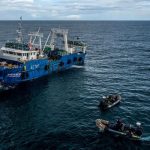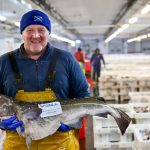According to the researchers Stirling University’s aquaculture institute has devised a programme which aims to replace subsistence farming with profit making activity. It is told that the course is designed to help the poor fish farmers to become entrepreneurs. The course titled “entrepreneurship in Aquaculture” will be offered to graduates and progressive farmers.
Scottish Government issued a grant of pound 241,000 to run this scheme. Stirling’s Dr Krishen Rana, an expert in the development of aquatic resources, told that current methods left farmers in the country with little scope for generating wealth. He added that there is an urgent need to commercialise small-holder aquaculture in Malawi, as subsistence farming cannot meet the demands of urban and regional markets, and offers little opportunity to generate surplus income that will improve the wellbeing of farmers.
The main purpose of this project is to provide food security to vulnerable communities by tackling the bottlenecks that are preventing commercialisation in Malawi. It will also promote small-holder aquaculture as an agribusiness to a wide range of people, irrespective of age, gender, ethnicity, religion and disability.
Europe, External Affairs and Culture Minister Linda Fabiani said that the ministry is enabling Scottish organisations in Malawi to further develop programmes which address the specific priority areas we have agreed with the Malawian Government.








